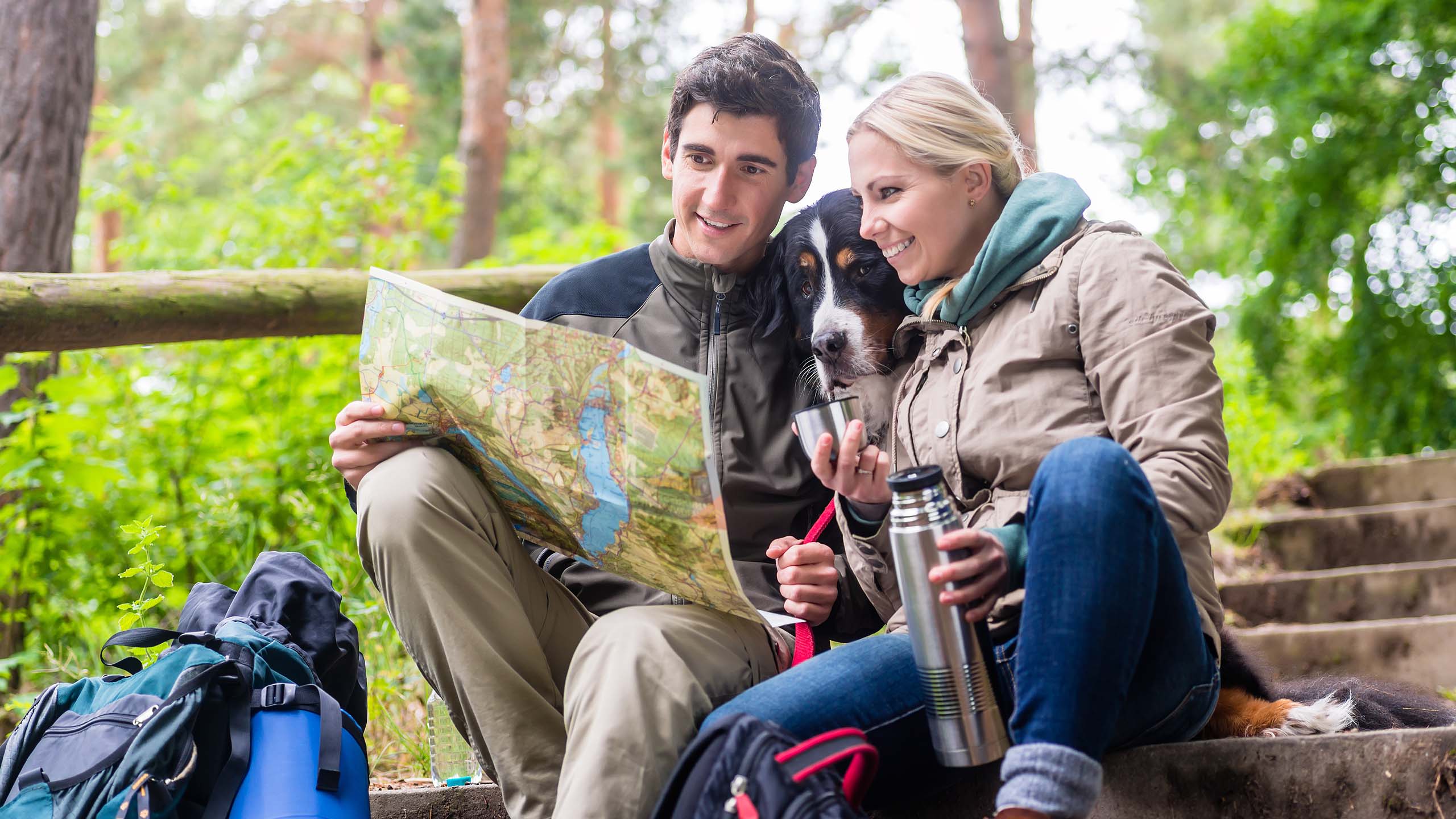Why You Should Respect Cultural, Religious and Indigenous Sensitivities
Why You Should Respect Cultural, Religious and Indigenous Sensitivities
Depending on your travel purpose or region you’re exploring, certain destinations have more cultures, religious and indigenous communities than others, which can include sacred places, traditions and way of life. The reason why you should respect cultural, religious and indigenous sensitivities, is to protect the local people and their history.
Not all travellers are aware of cultural, religious and indigenous sensitives of a destination they visit, so these can easily go overlooked and not respected when travelling.
It’s not always easy to determine the real true history of a culture, you want to aim for education that provides accurate information, without placing blame, rather of advising facts on events. So try to carry out research with indigenous organisations, and ask community local members for input on who has the best source of the truth, and look for authentic tours that provide accurate education.
When exploring physical land, be mindful of sacred places which have deep meaning to people, and respect their tribal sensitivity. If a sign post states not to enter to respect the area or a local community, then it is best to respect the request by not entering that particular area. It’s a matter of how would you feel if people walked into your home unannounced, the same goes for sensitive or indigenous land.
Unfortunately some cultures, religions, indigenous communities and sacred sights can be overmarketed and promoted, with attractions, tours and experiences providing a false sense of what the true culture and traditions are. Try to carry out research beforehand to know if you’re getting the real deal or not. Remember a culture should not be sold, rather it should be shared and educated to others on the cultural beliefs and traditions, and why they are important to the people.
We should all travel with the mindset to respect cultural, religions and indigenous sensitives, with the aim to learn more about the way of life of cultures and indigenous communities from around the globe.


